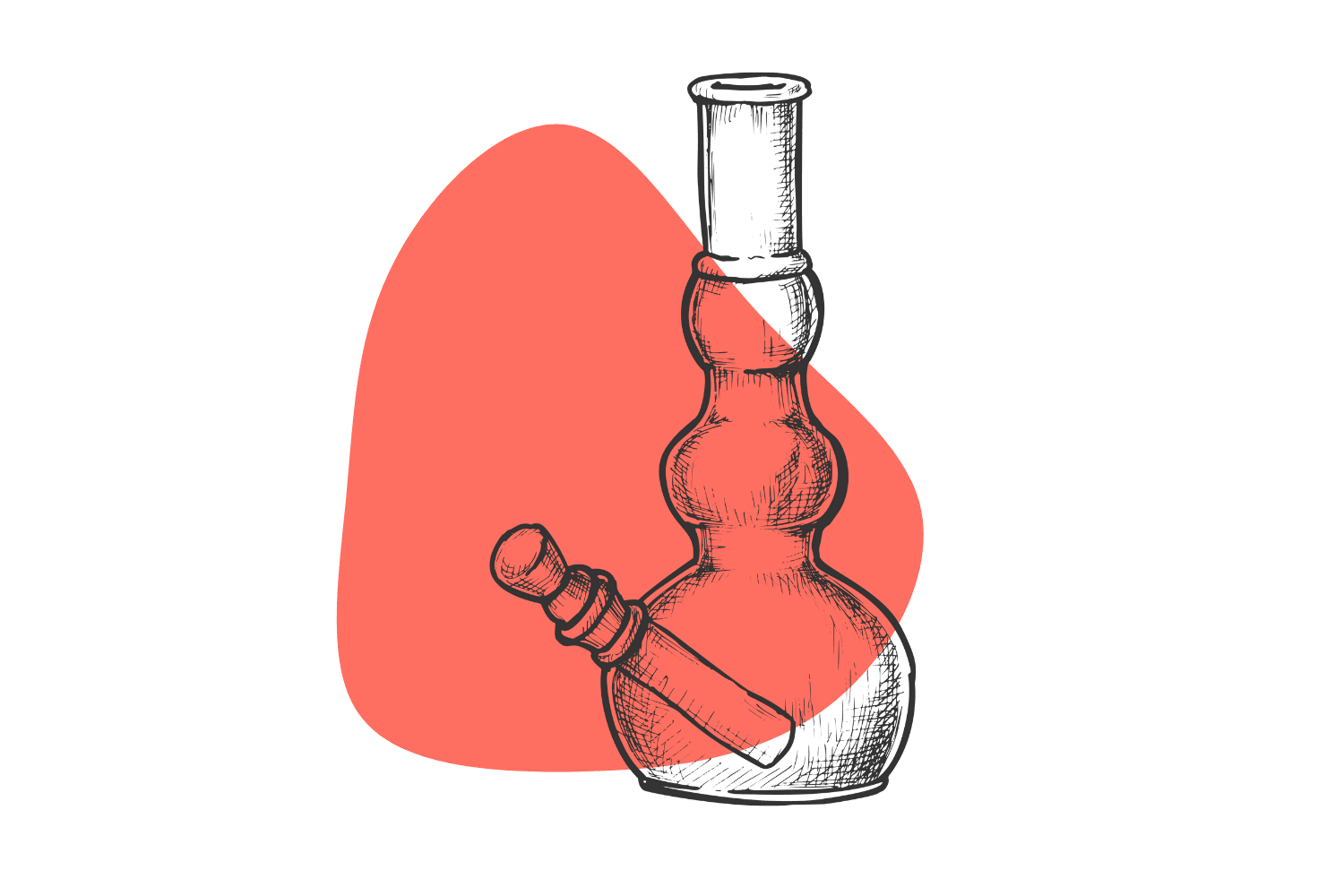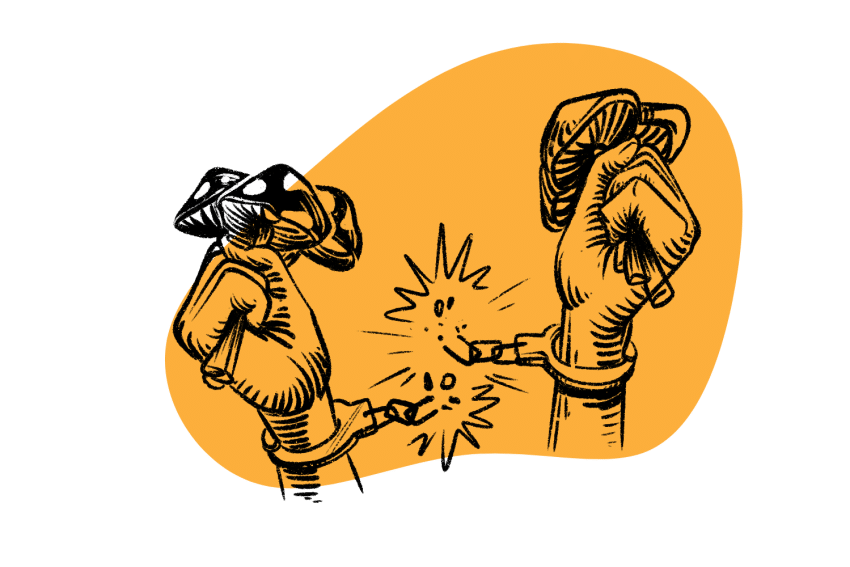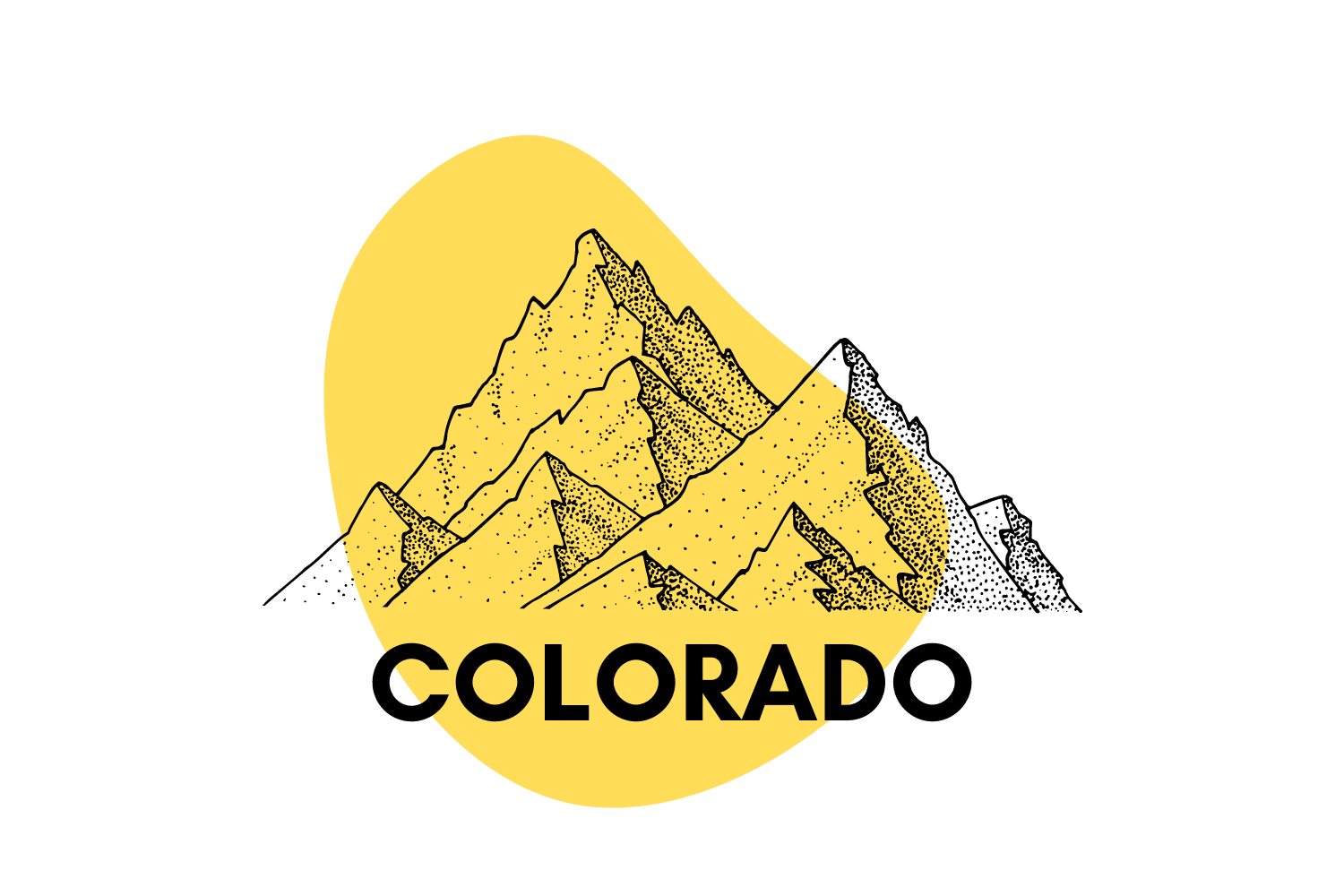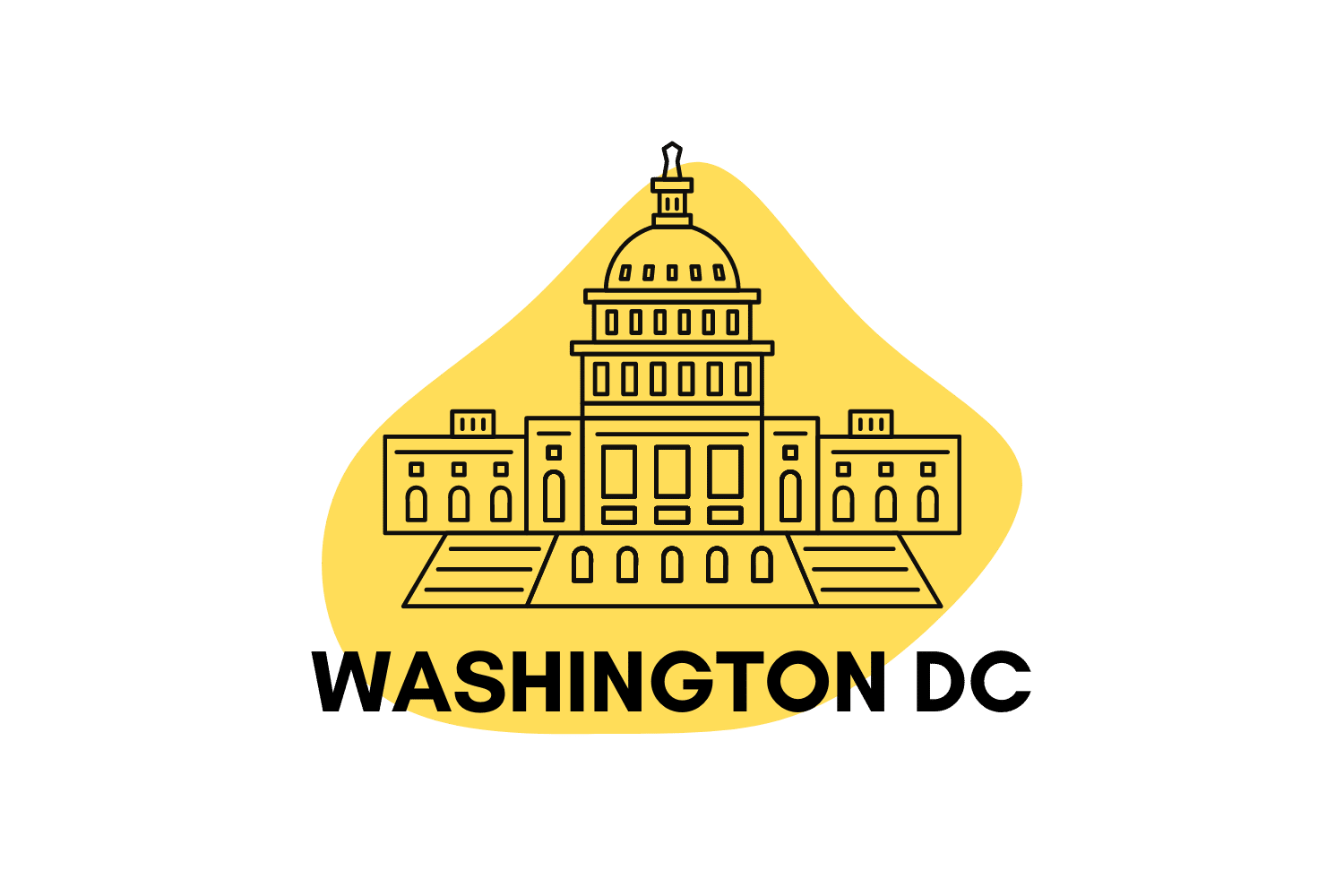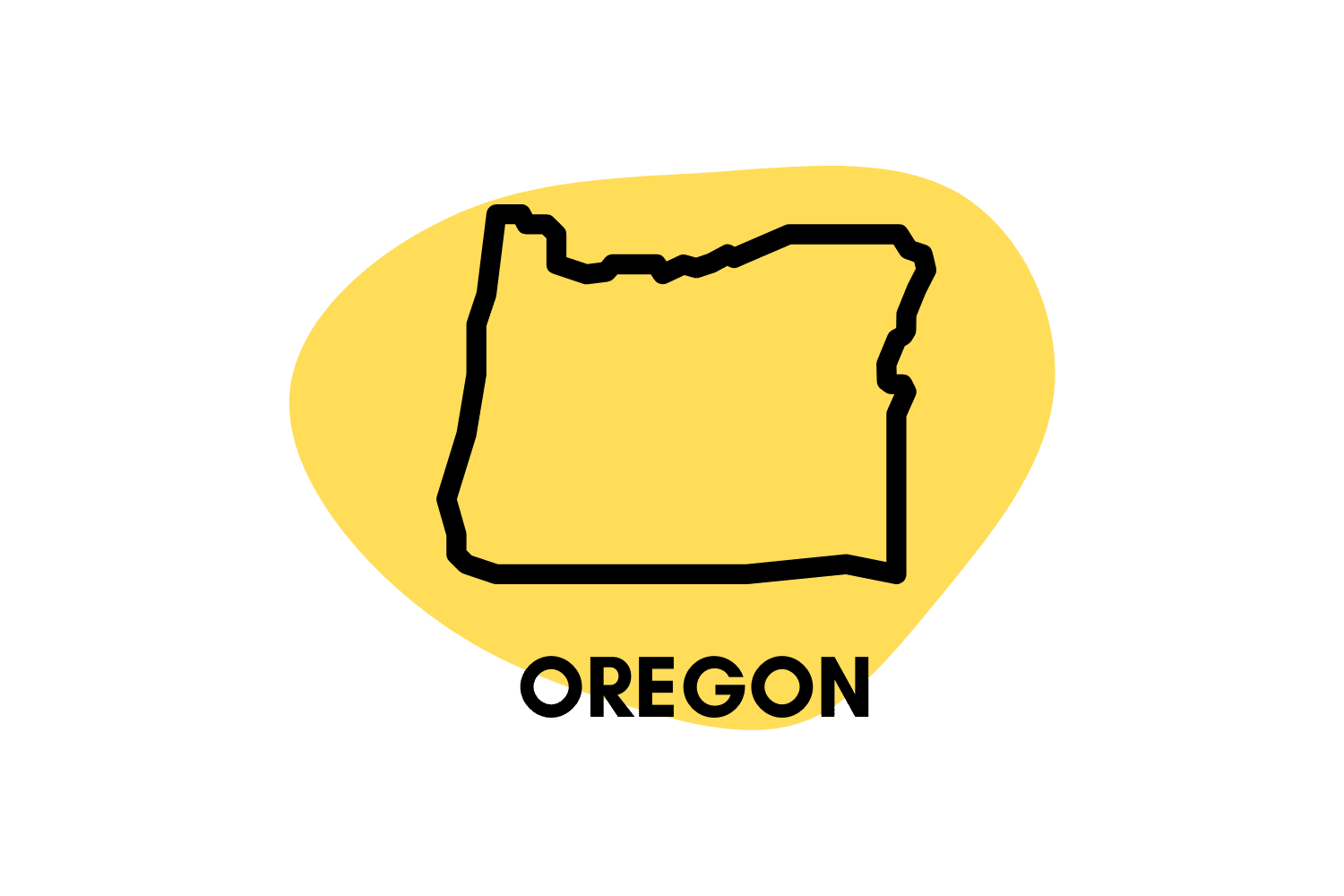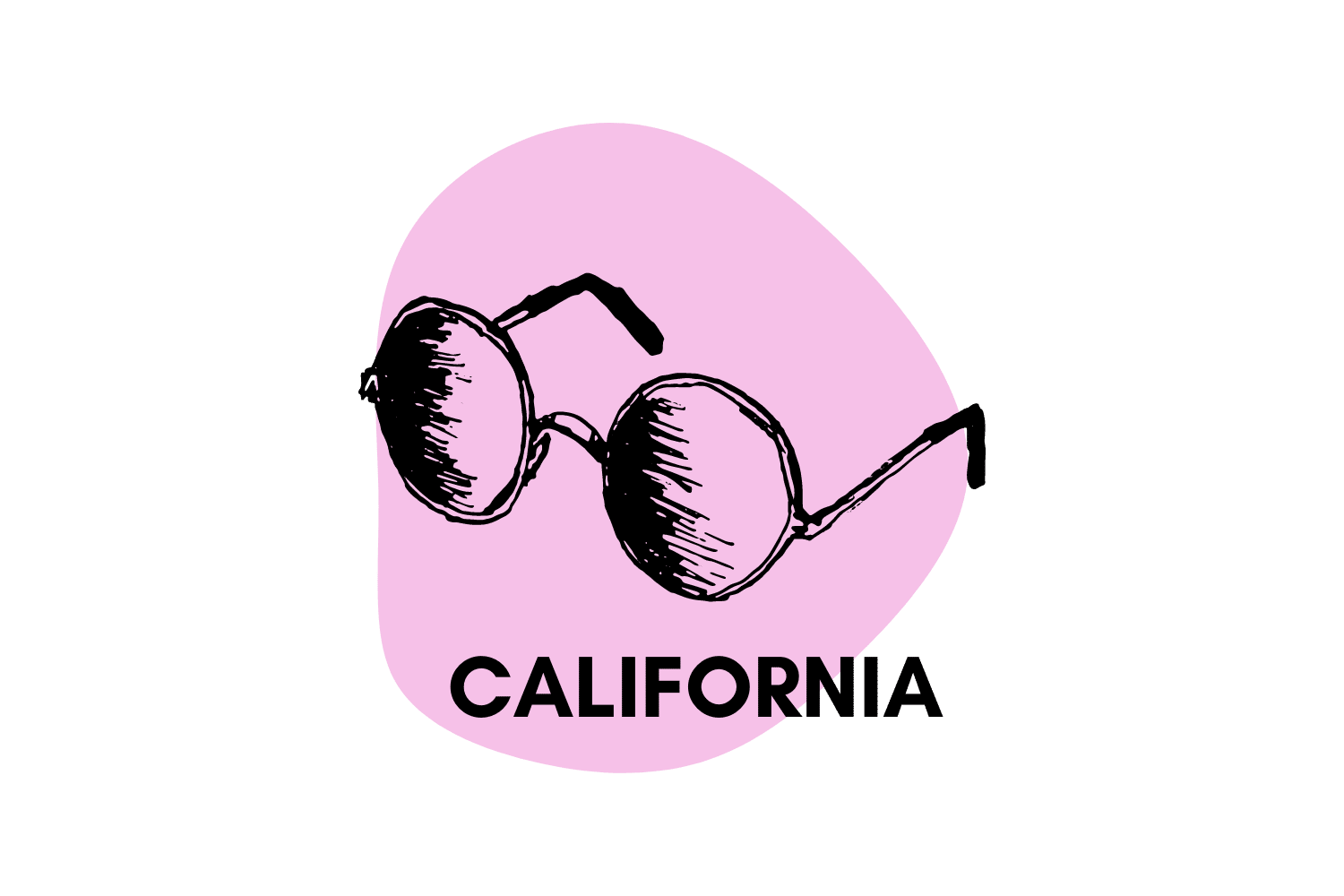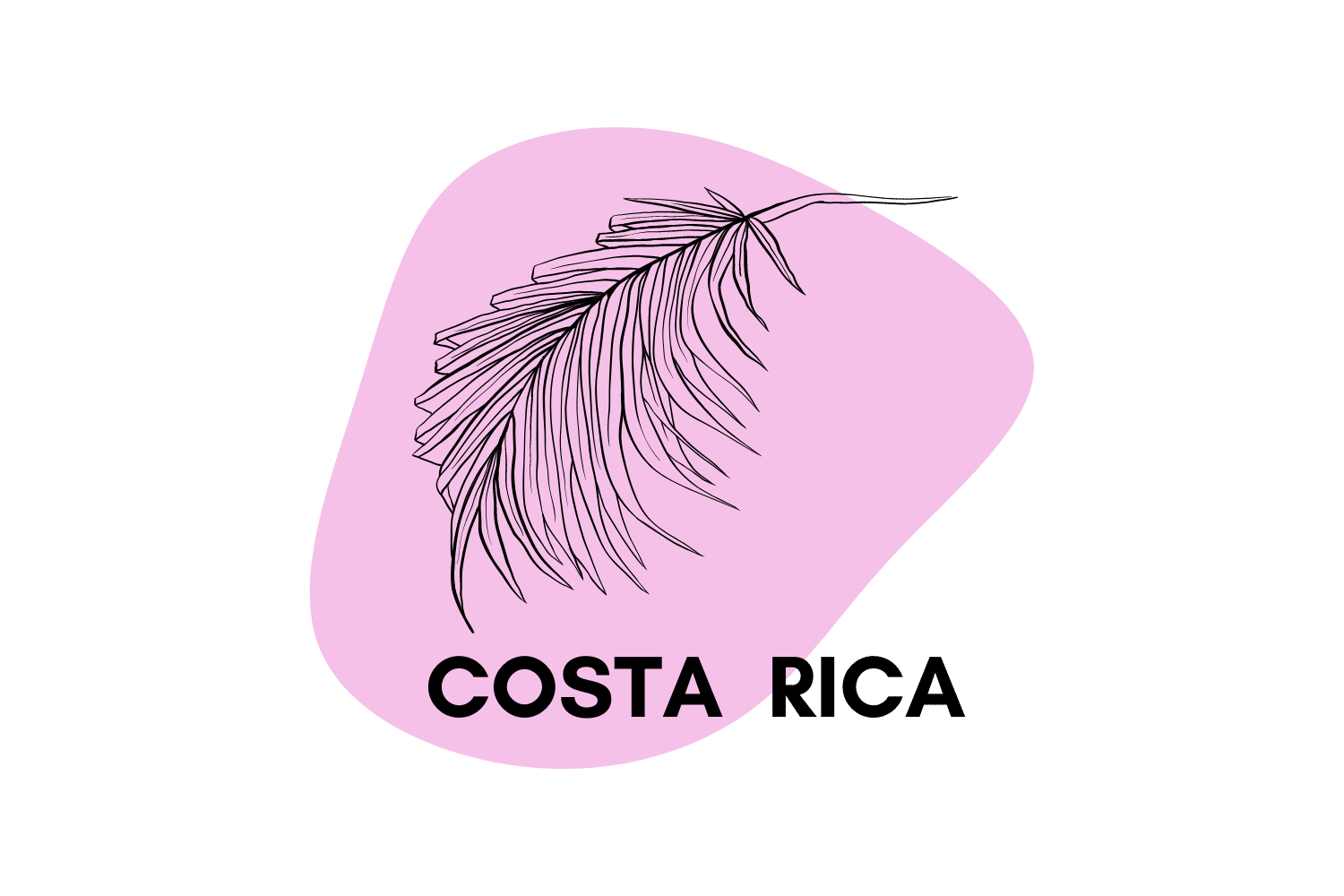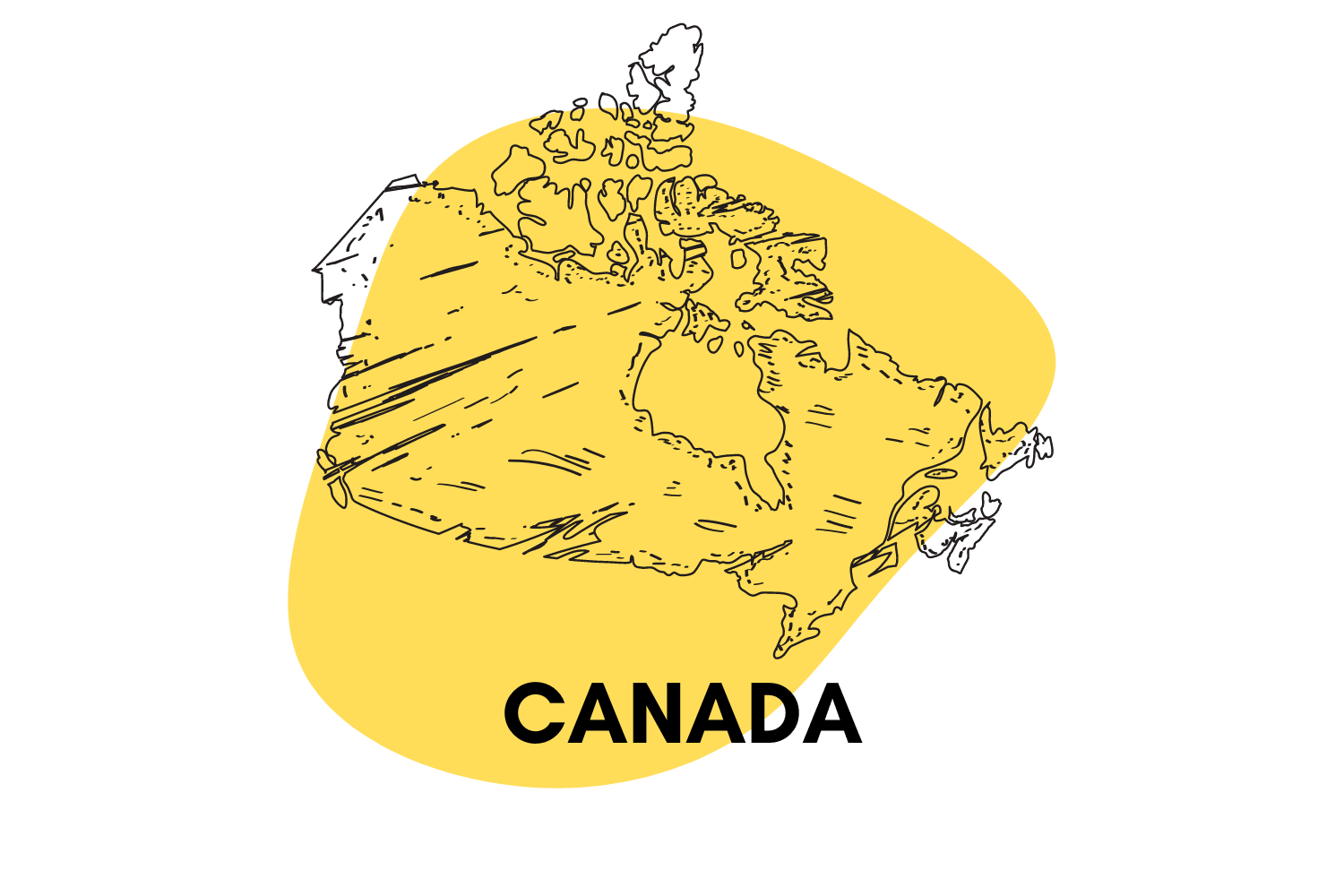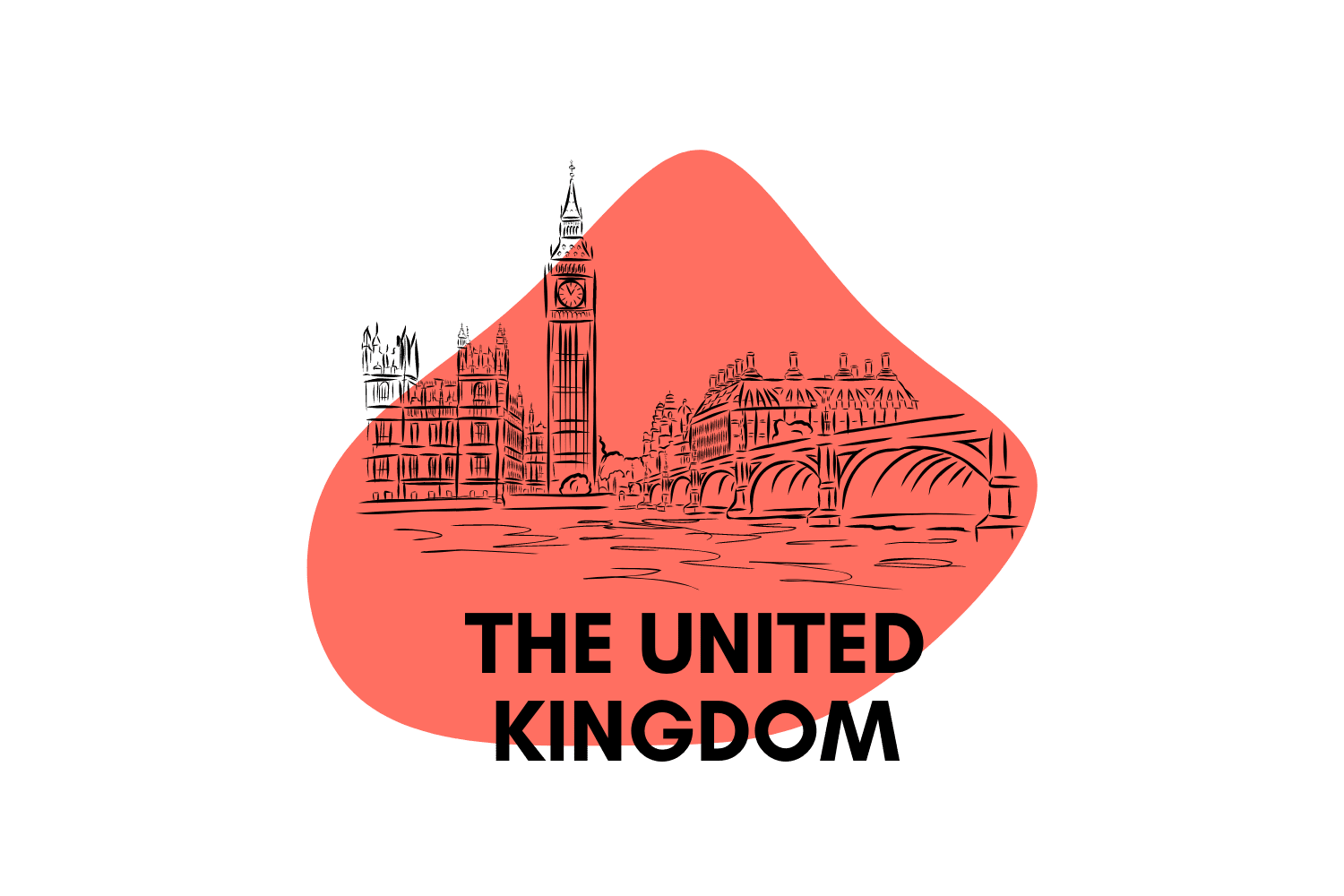Ontario’s Newest Laws on Psychedelics
We can forgive Ontario for giving us Justin Bieber 😉 since it also provides us with one-fifth of the world’s fresh water 🌊And Niagra Falls.
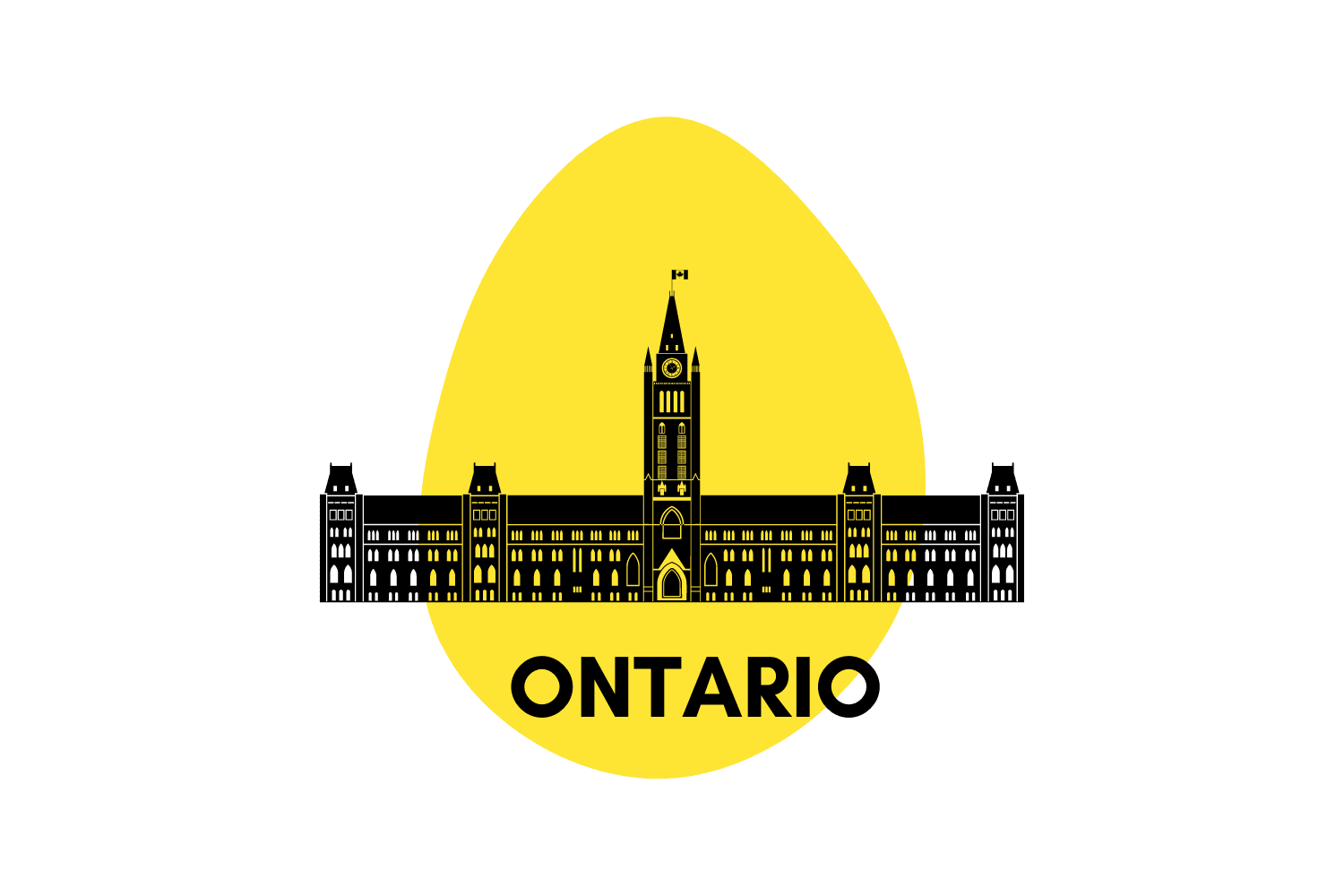
Canada is famous for its progressive drug laws, as you can legally access marijuana and even MDMA-based psychotherapy. However, although there are certain exceptions, psychedelics remain illegal throughout the country.
This article informs you of all you need to know about the laws regarding substances such as MDMA, LSD, DMT, and others. We’ll also delve into each one’s numerous benefits.
Summary of Psychedelic Drug Laws in Ontario
- Psychedelics are primarily illegal in Ontario, but this may soon change.
- Marijuana is legal for both recreational and medicinal purposes.
- Recreational use of kratom is unlawful, but it’s used in medical clinics for treating depression.
- No pending legislation changes regarding psychedelics in Ontario.
Are Magic Mushrooms Legal in Ontario?
No, psilocybin and magic mushrooms are illegal in Ontario.
However, the penalties are much lighter than in most countries, as the law places it as a Schedule III controlled substance.
If the police catch you with it, you can spend up to 6 months in prison or receive fines of up to $1000.
Mushrooms are on the path to decriminalization, though, as in 2020, a Canadian House of Commons member introduced petition e-2534. More than 14000 Canadians signed the petition, and its objective was to remove the penalties for cultivation, trade, and use.
Unfortunately, the Canadian authorities rejected the petition, but the intention of its citizens still counts. People slowly recognize that magic mushrooms have a low potential for abuse, and some organizations call for their reclassification.
Where to Buy Magic Mushroom Spores in Ontario
You can legally buy magic mushroom spore kits in Canada because the spores do not contain psilocybin.
However, keep in mind before cultivating them that when spores germinate, they become illegal.
Do Magic Mushrooms Grow Wild in Ontario?
Yes, psychedelic mushrooms grow wild in Ontario.
Magic mushrooms grow worldwide, except in frigid climates such as Antarctica. Moreover, you can find shrooms in most Canadian provinces, including its colder one, Nunavut.
You can find many species of magic mushrooms in Ontario. Below are the most commonly found shrooms in the province.
Psilocybe caerulipes
This species is primarily found in Mexico, though many reports of sightings in Canada and the United States exist. It grows in deciduous forests, specifically on decaying logs covered with mosses.
Pluteus americanus
Pluteus americanus is often found individually in damp, dark forests. We recommend looking for it from July to October along the Canadian-US border to increase your chances of finding it.
Pholiotina smithii
Pholiotina smithii is unusual in other parts of the world. In Ontario, you will find it around August and November in bogs, ditches, and swampy areas, and is common in sphagnum moss.
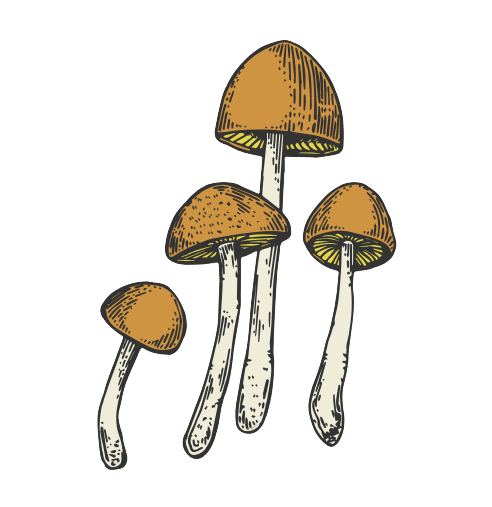
What Are the Medicinal Uses of Shrooms?
Studies on psilocybin have increased in quantity and given a lot to discuss in recent years, as numerous therapeutic benefits have been discovered. For this reason, you have probably noticed a strong trend toward the legalization of magic mushrooms, mainly in Europe and North America.
Studies have shown that psilocybin can help treat depression — a disorder that affects one in three people worldwide — by alleviating the sadness and hopelessness caused by it.
It has also been proven to help combat post-traumatic stress disorder. To do this, it balances the activity of the amygdala, reducing anxiety and flashbacks that paralyze survivors of trauma.
Another widespread pathology is existential anxiety, prevalent in terminally ill patients. Fortunately, psilocybin also helps in these cases by reducing the symptoms of depression and anxiety, typical of existential anguish.
In addition, many people have reported that psilocybin helps them control cluster headache attacks. Still, there is no scientific explanation about how they do this, so we rely primarily on anecdotal evidence.
Unfortunately, addiction is recurrent in many people today and is very difficult to treat. However, psilocybin can help calm the user’s compulsions for hours at a time because it temporarily suppresses the brain’s default mode network (DMN).
Moreover, psilocybin and other psychedelics can enhance problem-solving skills and increase creativity.
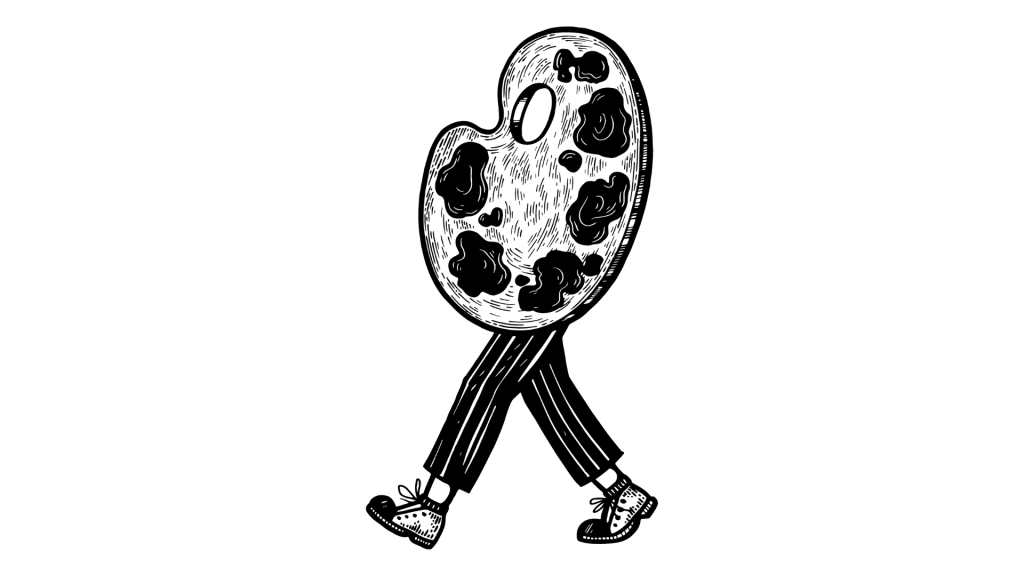
Is LSD legal in Ontario?
No, LSD is illegal in all of Canada.
As you may know, LSD (lysergic acid diethylamide) is illegal in most parts of the world. However, Canadian law considers it less dangerous than other countries, placing it in Schedule III of controlled substances.
This means that if the police catch you with this psychedelic, you can spend up to 6 months in prison and receive fines of up to $1000.
Is DMT Legal in Ontario?
No, DMT is also forbidden throughout the country.
Like LSD, DMT (N,N-dimethyltryptamine) is a Schedule III controlled substance, so its penalties are pretty similar.
Although the law does not specify other forms of DMT, such as changa or psychedelic toads, we can assume that they are illegal. However, ayahuasca is allowed for certain religious groups.
Is MDMA Legal in Ontario?
No, MDMA is also illegal in Canada.
In Canada’s Controlled Drugs and Substances Act (CDSA), MDMA is placed in Schedule I, which means you can be punished with up to 7 years in prison for possessing it.
However, this is one of the few countries that allows access to MDMA-assisted psychotherapy, which helps treat depression and anxiety.
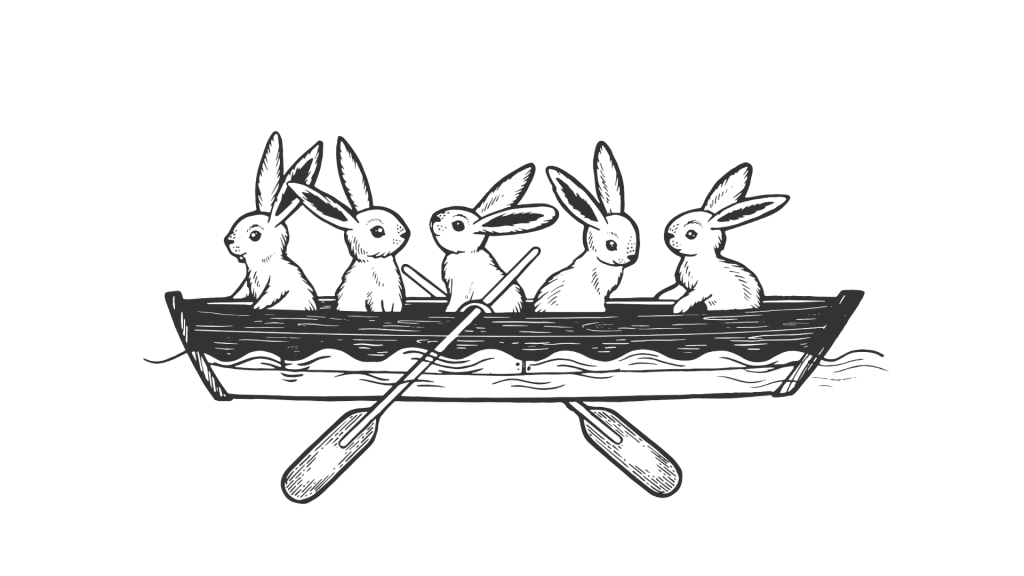
Is Ketamine Legal in Ontario?
No, ketamine is illegal in Canada.
Ketamine also has numerous therapeutic benefits and is especially useful as a therapy method for treatment-resistant depression and PTSD.
However, the law considers it as dangerous as hard drugs such as heroin or cocaine, so you can spend up to 7 years in prison if you are caught with it.
Is Marijuana Legal in Ontario?
Yes, marijuana is legal in Canada, both for medicinal and recreational use.
In 2018, Canada became the second country to legalize marijuana, allowing you access to isomers such as delta 8, delta 9, and delta 10 THC.
The law allows Canadians over 18 to:
- Purchase cannabis products from registered retailers
- Possess up to 30 grams of legal dry cannabis in public
- Grow up to 4 plants per household for personal use
- Share up to 30 grams of dried cannabis with other adults
According to the Cannabis Act, to obtain marijuana for medicinal purposes, a doctor must authorize you through a permit.
What’s the Difference Between Legalization & Decriminalization?
It is common to confuse legalization with decriminalization, as they are similar concepts.
Legalizing a substance means abolishing its penalties, giving you the freedom to possess or sell it. This reduces crime and protects the consumer from harmful quality products.
On the other hand, decriminalization is simply the considerable reduction of penalties, and in most cases, minor crimes are acquitted.
Psychedelic Laws in Other Canadian Provinces
Some provinces treat drug offenses differently than Ontario.
- Psychedelics in Alberta
- Psychedelics in British Columbia
- Psychedelics in New Brunswick
- Psychedelics in Newfoundland and Labrador
- Psychedelics in Northwest Territories
- Psychedelics in Nova Scotia
- Psychedelics in Nunavut
- Psychedelics in Manitoba
- Psychedelics in Prince Edward Island
- Psychedelics in Quebec
- Psychedelics in Saskatchewan
- Psychedelics in Yukon
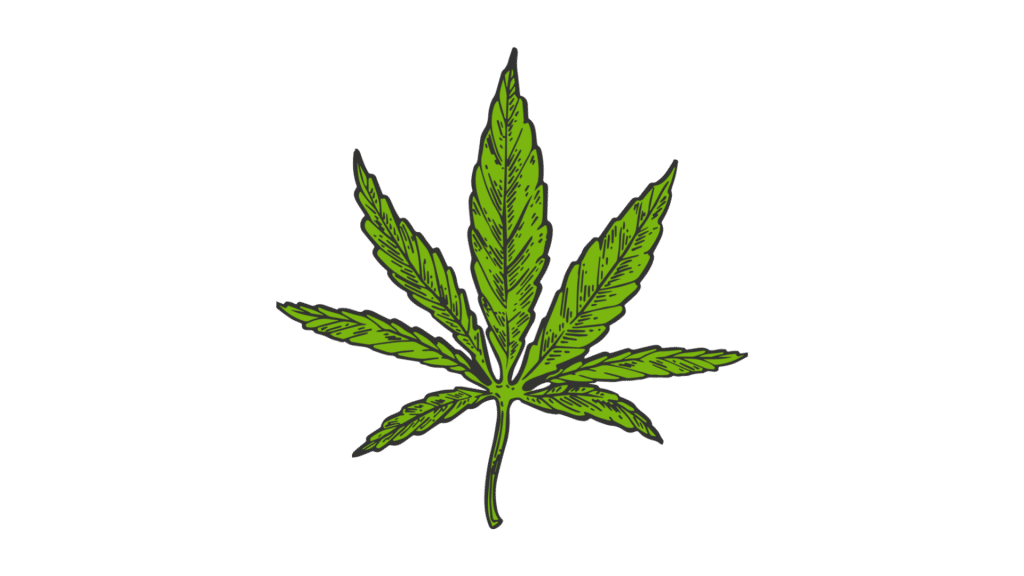
Key Takeaways: What’s the Future of Psychedelics in Ontario?
Canada is one of the few countries where you can legally find marijuana or access MDMA-based psychotherapy. Although psychedelics are mostly forbidden, getting arrested for their possession is rare.
In addition, therapeutic use of psilocybin is allowed for palliative care and ketamine clinics operating throughout the country.
For these reasons, we believe that the legal future regarding psychedelics in the country is quite optimal, and Canada as a whole is walking the path to decriminalization.

